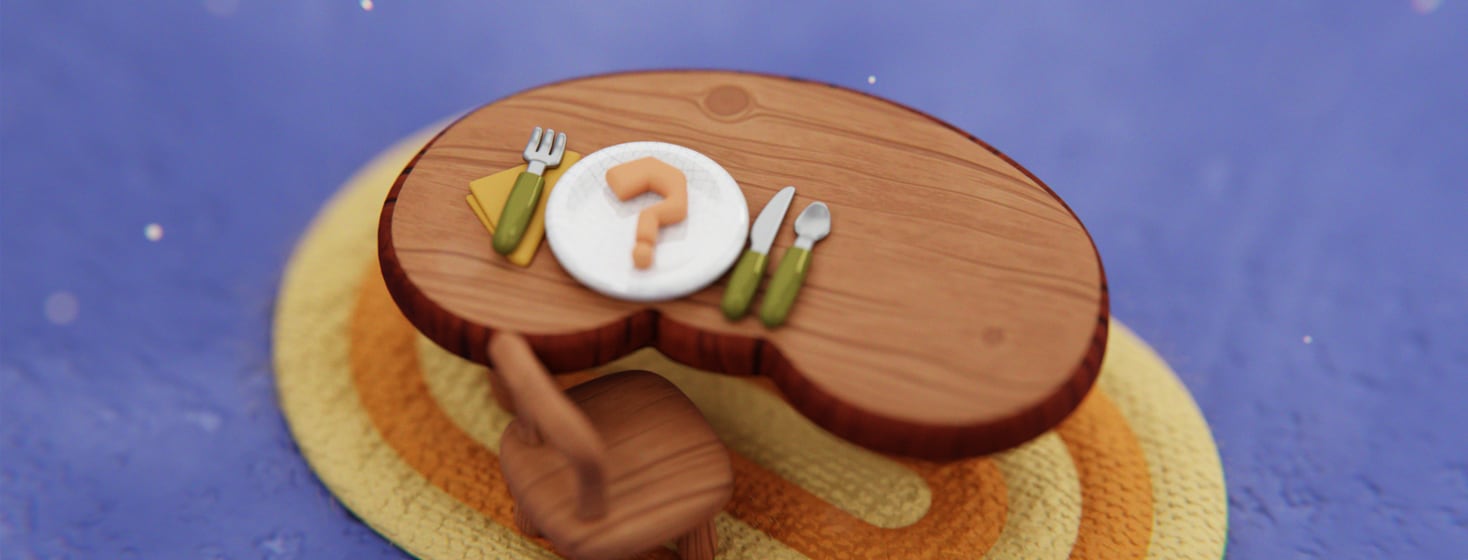What Can I Eat After a Kidney Transplant?
Knowing what to eat after receiving a kidney transplant can be difficult. Diets during dialysis and before surgery may be very restrictive.1,2
After a kidney transplant, you may think you no longer need to restrict your foods. But your diet still plays a big role even after your transplant. People with lupus nephritis who receive a kidney transplant may also need to consider lifestyle changes after surgery.1,2
Exercise and maintaining a healthy weight are essential for your overall health. It is important to eat a heart-healthy, and well-balanced diet to keep your new kidney healthy and reduce the chances of transplant rejection. Your diet also increases your risk for other conditions that affect your overall health.1,2
What foods should I eat?
Good nutrition plays a key role in helping you recover from your kidney transplant. Getting enough protein and calories can help your body heal from the stress of surgery and the effects of drugs common anti-rejection drugs prescribed after surgery, like steriods.1
After your kidney transplant, you should plan to follow a balanced diet that includes:2-4
- 4 to 5 servings of fresh fruits and vegetables per day
- Protein-rich foods
- Low-fat or nonfat dairy products
- Whole grains and legumes
Protein-rich foods are especially important because they will help you heal and fight infection. Protein-rich foods include:3,4
- Lean meats, poultry, and fish
- Low-fat or nonfat dairy products
- Eggs or egg substitutes
- Beans, peas, nuts
Keeping your new kidney hydrated is another key part of your recovery. Aim to drink 2 to 3 liters of water per day.1,3
What foods should I avoid?
Eating foods high in salt, fat, or sugar can lead to conditions that may negatively impact your kidney transplant. Some foods to avoid after transplant include:3,4
- Cured meats, like bacon and sausage
- Lunch meats
- Soft drinks, frozen fruit juice, juice with added sugar
- Pickles and olives
- Ice cream, sherbet, puddings
- Canned foods with added salt, like canned soups and vegetables
- Cookies, candy, doughnuts
- Salt seasonings
- Jams, jellies, marmalade
- Salted crackers, pretzels, potato chips, salted popcorn
Food safety after transplant
After a kidney transplant, you will be given drugs to help lower the chance of your body rejecting your new kidney. These drugs work by reducing or suppressing your immune system. When your immune system is suppressed, you have a higher risk of getting sick from bacteria, viruses, and other germs. You also have a higher risk of getting food poisoning.2,5
Food poisoning can be serious and even fatal for people with a transplant. You should take precautions when handling, preparing and eating certain foods. High-risk foods to avoid include:2,5
- Raw or undercooked meat, poultry, fish, or seafood
- Unpasteurized (raw) milk, cheese, or yogurt
- Raw or undercooked eggs or any products that contain them
- Raw fresh fruits and vegetables
- Unpasteurized juices
- Lunch meats and store-prepared deli salads, such as chicken salad
You should avoid foods that are spoiled, moldy, or past the “use by” date. You can also lower your chances of infection from food by washing your hands often, especially after touching raw meat or eggs.2
Long-term diet changes
Many people with a kidney transplant develop nutrition-related issues months and even years after their transplant. The most common issues include excessive weight gain and high cholesterol. These issues are usually caused by steroids and anti-rejection drugs commonly needed after a kidney transplant.4
Following a heart-healthy diet and regular exercise can help you maintain a healthy weight and lifestyle long after your kidney transplant. Work with your doctor or a registered dietitian to develop a nutrition plan that works for you.1-4

Join the conversation